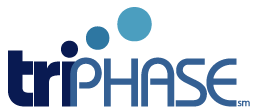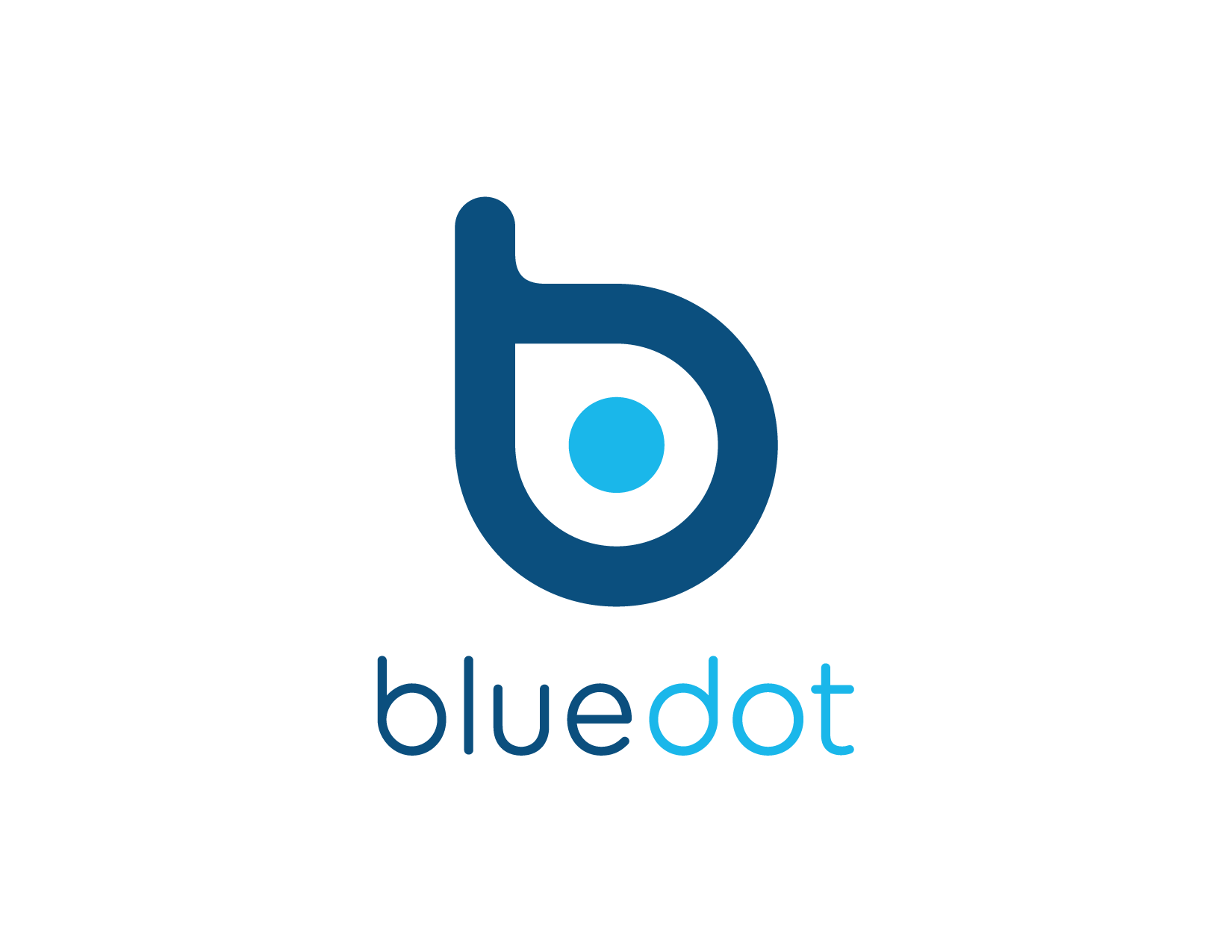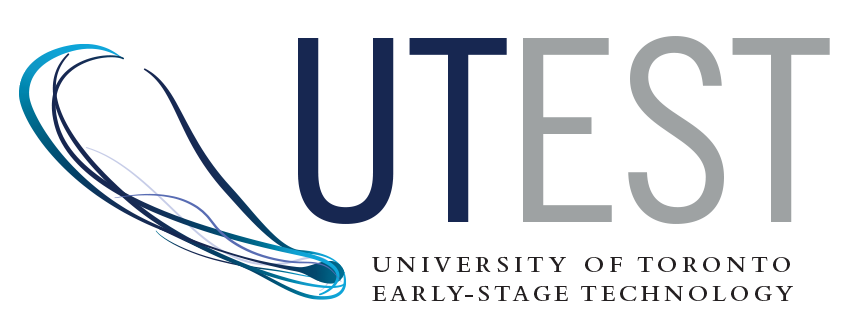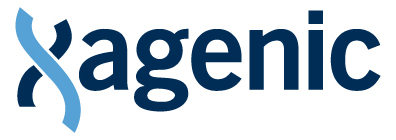Triphase announces proteasome inhibitor marizomib demonstrates potent synergistic anti-multiple myeloma activity in combination with pomalidomide
Findings from Preclinical Study Presented at American Society of Hematology 2014 Annual Meeting
 TORONTO AND SAN DIEGO (Dec. 6, 2014) — Triphase Accelerator Corporation, a private drug development company dedicated to advancing novel compounds through Phase II proof-of-concept clinical studies, today announced preclinical study results demonstrating that the combination of its highly differentiated proteasome inhibitor, marizomib, and pomalidomide (Pomalyst®) was synergistic in killing multiple myeloma cells.
TORONTO AND SAN DIEGO (Dec. 6, 2014) — Triphase Accelerator Corporation, a private drug development company dedicated to advancing novel compounds through Phase II proof-of-concept clinical studies, today announced preclinical study results demonstrating that the combination of its highly differentiated proteasome inhibitor, marizomib, and pomalidomide (Pomalyst®) was synergistic in killing multiple myeloma cells.
MaRS Innovation is an early-stage investor in Triphase. See our web archive for more details.
Combined doses of marizomib and pomalidomide inhibited tumor growth and prolonged survival in disease models of this hematologic cancer. The data were presented December 6, 2014 in a poster session at the American Society of Hematology (ASH) 2014 Annual Meeting in San Francisco.
“New treatment options for patients with relapsed and refractory multiple myeloma are needed as nearly all patients will eventually relapse on currently available therapies,” said Paul G. Richardson, M.D., lead clinical investigator of the marizomib study group and director of clinical research, Jerome Lipper Multiple Myeloma Center, Dana-Farber Cancer Institute in Boston. “These preclinical results in disease models of multiple myeloma are highly promising as they demonstrate the potent activity of marizomib in combination with pomalidomide and support a clinical trial to increase response, overcome drug resistance, and improve outcomes in patients with relapsed and refractory multiple myeloma.”








